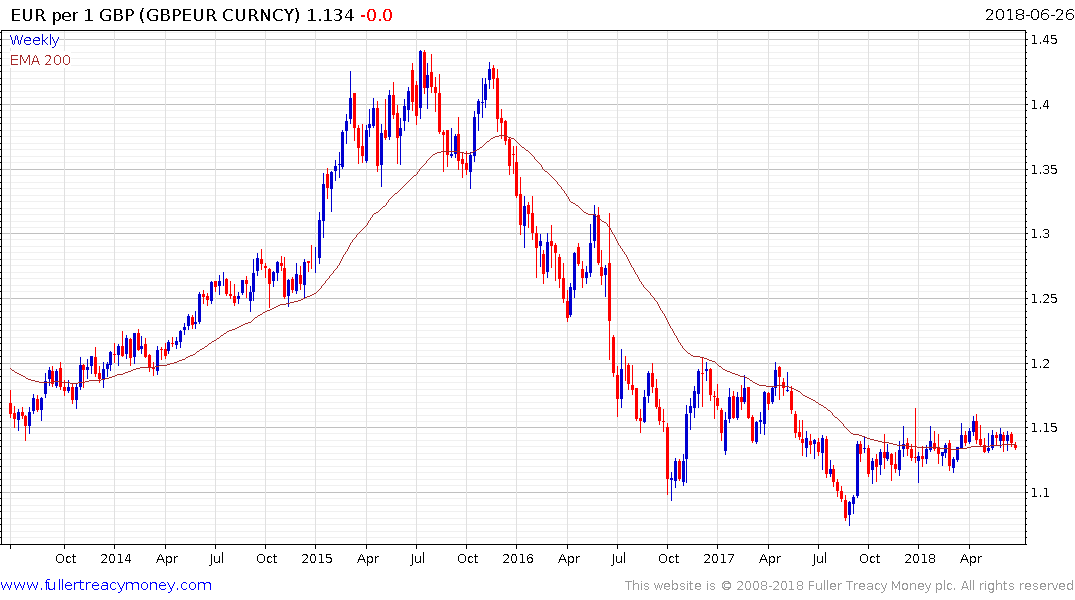The Impact of Airbus on the UK Economy
Thanks to a subscriber for this report from Oxford Economic focusing on Airbus dated June 2017. Here is a section:
Here is a link to the full report.
Here is a section from it:
Airbus’ impact is not limited to its cutting-edge manufacturing: it also makes a substantial and important contribution to the UK’s economy. This impact stems not only from the Company’s activities at its UK facilities, but also the presence of UK firms in its global supply chains and the spending of its UK-based workforce in the wider consumer economy.
Oxford Economics’ bespoke Global Economic Impact Model has been used to map Airbus’ complex, interwoven, global supply chains. This enabled us to explore how the Company’s purchases from its operations in France, for example, then trigger activity in the UK, further up the supply chain. Consequently, this unique model makes it possible to develop a comprehensive picture of the Company’s impact on the UK economy.
In 2015, Airbus’ global operations supported a £7.8 billion contribution to the UK economy. Much of this impact was generated in Airbus’ UK supply chain, which includes companies such as Rolls-Royce, GKN and BAE Systems. To put this footprint into context, in 2015, the contribution to GDP supported by Airbus was larger than Newcastle’s economy and nearly a third bigger than the economy of Oxford.
The activity supported by Airbus sustained 117,400 jobs throughout the UK in 2015. This means that more than 100,000 people who did not work for Airbus had jobs linked to the Company in some way. For some 64,000 people, their jobs were located in Airbus’ UK-based supply chain. The total number of jobs supported by Airbus’ operations in 2015 was equivalent to all of the jobs in Swansea.
Corporations have been very clear in their messaging that they will not tolerate a no-deal outcome to the Brexit negotiations. While media attention has been focused on efforts by the House of Lords to force the government to allow parliament a say in the final agreement the decisions of major corporations in deciding how to deal with Brexit are much more important for the economy.
BMW has now also said that it is prepared to uproot its UK operations in the event of a no-deal scenario. A point I have been investigating as I write my next book is that the manufacturing is much more important for economies than we have been led to believe. The UK’s manufacturing sector has been in terminal decline for years, losing approximately 1 million jobs every time there has been a recession. That suggests during the next recession the sector will all but disappear.
The services sector is dominated by cleaners, hotel workers, administrative workers, educators, health care workers, retail and the arts which all come in at the bottom half of the weekly earnings tables. The tech Britain moniker is attached to jobs in the IT sector which are among the highest paid but come nowhere near raising the average wage for the services sector.
Financial services, mining/quarrying, information technology, chemicals and fibres manufacturing and Engineering manufacturing are at the top of the tables. Therefore, if companies like Airbus and BMW leave the UK it will represent another widening of the gap between the well-off and less well-off. By losing well-paying jobs the trickle-down effects for the services sector will also be profound so inequality will be exacerbated. That could further reduce the potential for politics to return to normal ‘anytime’ soon.

The Pound is back testing the lower side of its range against the Euro and will need bounce soon if the potential for continued higher to lateral ranging is to be given the benefit of the doubt.


